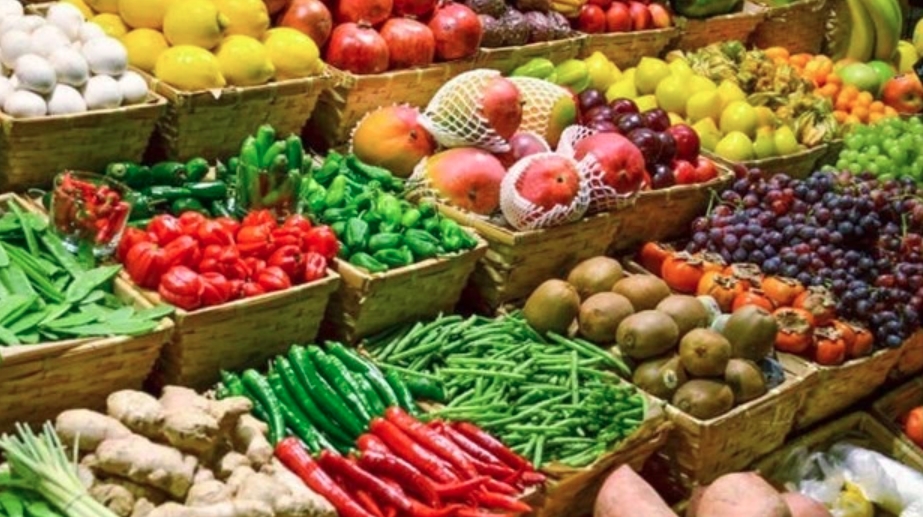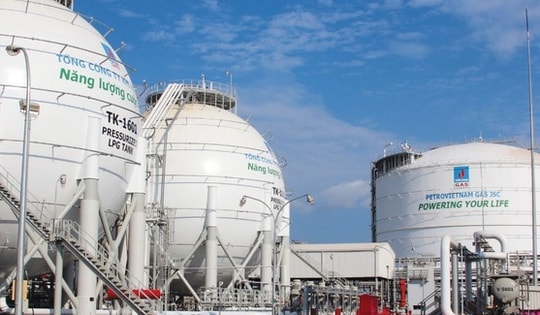In its report, the ministry said that the first nine months of this year saw farm produce exports reach US$46.28 billion, a 21% year-on-year increase. The sector also achieved a trade surplus of US$13.9 billion, up 71.2% from 2023, contributing 66.8% to the country’s total trade surplus.
Agricultural export turnover led the pack with US$24.85 billion, a 27.7% rise. Forestry and aquaculture products earned US$12.46 billion and US$7.23 billion, up 20.3% and 9.5%, respectively, while the livestock sector brought in US$376 million, a modest 3.8% increase.
Key products like coffee, rice, cashew, fruit, shrimp, pangasius, and peppercorn significantly boosted export growth. In particular, prices of several staples reached record highs, with the costs of coffee exports up by 56%, pepper 49.2%, and rice 13.1%.
Deputy Minister Phung Duc Tien expressed optimism that if the growth momentum holds, agricultural exports could achieve a record US$60-61 billion by year’s end.
However, he noted that despite favourable trends, the sector faces serious challenges, notably the impact from Typhoon Yagi that has inflicted over US$1.25 billion in damage on the sector, with livestock and aquaculture being the hardest hit.
The high cost of production materials for aquaculture remains a pressing issue. Moreover, fourth-quarter export results for the fisheries sector will partly depend on the EU's ongoing inspection related to illegal, unreported, and unregulated (IUU) fishing, as well as US decisions regarding anti-subsidy duties on Vietnamese shrimp.
To accelerate the post-storm recovery, the official recommended further support production revitalisation and promote effective agricultural models across localities unaffected by the typhoon.
He went on noting that to sustain domestic production, it is necessary to tighten anti-smuggling measures, limit imports, and establish a stronger foothold in the Halal market of 2.2 billion people with immense growth potential.

























